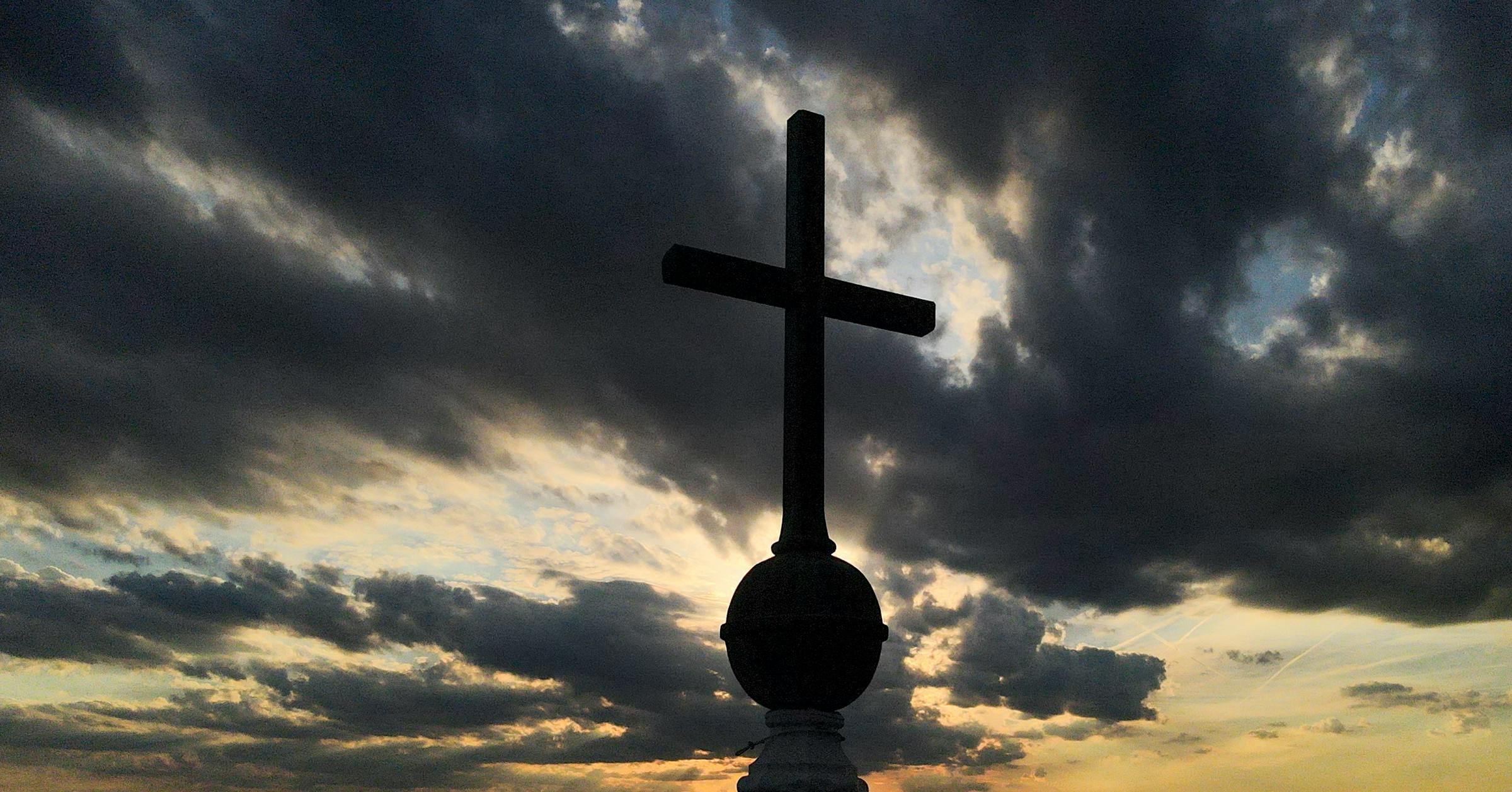Divine Calling or Secular Crossroads? A Pastor's Unexpected Journey into Atheism

Finding Common Ground: How My Perspective on Atheists Transformed
For years, I harbored deep-seated misconceptions about atheists and non-religious individuals. As a Christian leader, I had built walls of misunderstanding, believing that those without religious faith were somehow fundamentally different or less moral. But life has a way of challenging our preconceived notions, and my journey took an unexpected turn.
In 2025, I discovered something profound: atheists and secular humanists were not my opponents, but potential allies in addressing critical social challenges. We found ourselves united by shared values of compassion, community service, and a genuine desire to make the world a better place.
What struck me most was our common ground. Despite differences in spiritual beliefs, we shared a deep commitment to human dignity, social justice, and creating meaningful change. These individuals weren't the caricatures I had once imagined, but thoughtful, principled people dedicated to improving society.
My humbling experience taught me an invaluable lesson: understanding comes from genuine dialogue, not from maintaining artificial barriers. By setting aside theological differences, we discovered a powerful collaborative potential that transcends religious boundaries.
This journey of understanding has been transformative, reminding me that empathy and mutual respect are far more important than doctrinal divisions.

